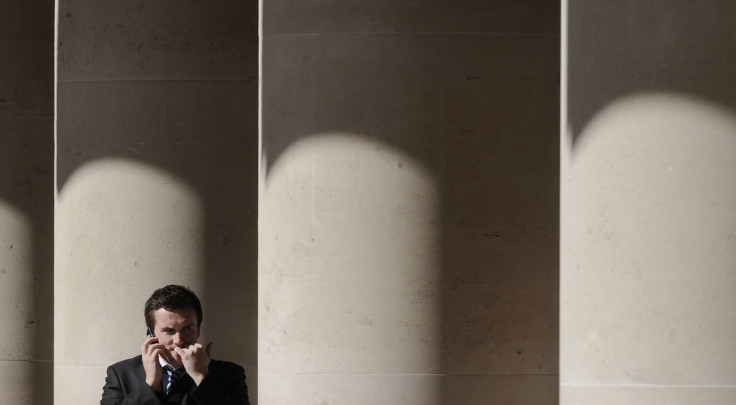National Stress Awareness Day: Five ways to keep calm and carry on

Stress is the feeling of being put under too much mental or emotional pressure and is an unavoidable part of life, but dealing with it is possible. Although the cause of the anxiety may not disappear, there are ways to help you release tension and clear your head – so you can cope that little bit easier. On National Stress Awareness Day, here are five ways to keep calm when life gets too much.
Adult colouring books
Colouring books for adults are an ever-popular practical exercise in mindfulness that help to soothe anxiety and stress. Johanna Basford, a Scottish illustrator, has sold more than 10 million adult colouring books worldwide.
"It's a great way to de-stress. That notion of being 'in flow' and completely absorbed in a task – particularly an analogue task that doesn't involve a screen – is just so soothing," she said. "Everyone's lives are now so busy and so digital, I think colouring offers a welcome opportunity to unplug and allow yourself to be completely immersed in a task without the constant chatter of twitter or the lure of Facebook. This is how I feel when I'm drawing, blissfully submerged."
Relaxed breathing
The NHS recommends this technique to help induce calm during periods of pressure. First, make sure you are comfortable either sitting in a chair or lying down on the floor or a bed. Then focus on your breathing by breathing in and out slowly in a regular rhythm.
Step one: "Fill up the whole of your lungs with air, without forcing. Imagine you're filling up a bottle, so that your lungs fill from the bottom.
Step two: "Breathe in through your nose and out through your mouth.
Step three: "Breathe in slowly and regularly counting from one to five (don't worry if you can't reach five at first).
Step four: "Then let the breath escape slowly, counting from one to five.
"Keep doing this until you feel calm. Breathe without pausing or holding your breath. Practise this relaxed breathing for three to five minutes, two to three times a day (or whenever you feel stressed)."
Deep muscle relaxation
Muscle relaxation is a technique to control muscular tension developed in the 1920s by American physician Edmund Jacobson. Progressive relaxation involves monitoring tension in each specific muscle group in the body by deliberately inducing tension and then releasing it. The NHS recommends holding each stretch for a few seconds and then relaxing, before repeating a couple of times.
Exercise
Although it may feel like the last thing you want to do when stressed, exercise is one of the best ways to beat it. Research shows physical activity can boost self-esteem, mood, sleep quality and energy, as well as reduce your chances of stress, depression and dementia.
Moderate-intensity exercise includes walking quickly, riding a bike on level ground or with a few hills, playing tennis and mowing the lawn. A couch-to-5K plan for running is also a great way to get started.
Get more sleep
This may seem counter-intuitive as stress can reduce your chances of a decent slumber but getting more sleep is crucial. Around seven to eight hours is the average amount of sleep an adult needs for their body and mind to fully rest but some people need more and others less.
Creating a restful environment – no phones, televisions or laptops, reducing caffeine intake and keeping regular hours – can help you get more sleep. Relaxing before bed with a book, a bath or relaxing music can also be beneficial.
© Copyright IBTimes 2025. All rights reserved.






















